National Assembly delegates from Kon Tum province speak during the discussion session on the draft Trade Union Law (amended). (Photo: THUY NGUYEN)
From the 7th to the 8th session (15th National Assembly ), the draft Trade Union Law (amended) received great attention from voters nationwide and National Assembly deputies, because it affects tens of millions of cadres, civil servants, public employees and workers.
Most opinions assess that this is a difficult, complex, highly political and legal draft law, set in the context of deep and broad international integration, requiring reasonable and harmonious resolution of many closely related issues, such as: the relationship between trade unions as socio-political organizations in Vietnam's political system and trade unions with the core function and task of representing and protecting workers.
The innovation of trade union organization and activities is both to suit the conditions and context of our country's increasingly deep integration, to ensure that the trade union organization grows stronger, operates effectively, and attracts a large number of workers, and to ensure the unique nature and role of Vietnam's trade unions in the socialist-oriented market mechanism.
Based on the inheritance of the 2012 Trade Union Law, the draft Trade Union Law (amended) consists of 6 chapters and 37 articles, with three new policies emerging. First, expanding the right to join and operate trade unions to both workers without labor relations and foreign workers working in Vietnam.
Since the Trade Union Law was enacted in 1957, an unprecedented addition was the right to join a trade union for foreign workers. In the context of international integration, Vietnam has joined new-generation free trade agreements, signed and participated in many important multilateral and bilateral agreements.
According to the report of the Ministry of Labor, War Invalids and Social Affairs, there are currently more than 136,000 foreigners working in Vietnam. This labor source contributes to improving the capacity and productivity of social labor, promoting rapid economic development, creating resources to meet the needs of foreign investors in Vietnam, contributing to the socio-economic development of the country. Therefore, they also need to be protected by the Trade Union for their legitimate and legal rights and interests when they work in Vietnam, creating equality between Vietnamese and foreign workers in Vietnam.
Delegate To Van Tam (Kon Tum Delegation) said that according to the survey data of the Vietnam General Confederation of Labor, 53% of foreign workers want to join a Trade Union. Allowing foreigners to join Vietnam Trade Unions is in line with the trend of labor migration from domestic to foreign countries and vice versa; at the same time, it demonstrates the open attitude of our Party and State.
However, delegate To Van Tam as well as many other National Assembly delegates noted that the Trade Union is a socio-political organization under the leadership of the Party, with a charter, so there should be more specific regulations on the conditions for joining the Trade Union for foreign workers in Vietnam in the direction that they must agree with the principles and purposes of the Trade Union, be voluntary and responsible in building a strong Trade Union, and avoid the situation of taking advantage of joining the Trade Union to sabotage.
Second, amend and improve regulations on the rights and responsibilities of trade union organizations and trade union members, ensuring that the Vietnam Trade Union performs its functions and tasks well in the new context. Currently, at all levels of trade unions, the number of union members and grassroots trade unions is continuously increasing, while trade union organizations must comply with general regulations on staff reduction, especially at grassroots trade unions.
Regarding this issue, delegate Thach Phuoc Binh (Tra Vinh Delegation) said that the tasks of the Trade Union are increasingly complicated, the workload is increasing, but the staff is very limited, this increases the pressure on the trade union staff, especially in the non-state enterprise sector, where the protection of the Trade Union organization is very necessary.
In addition, the current union staffing is only one-third of that of other socio-political organizations, which does not meet practical requirements, especially when the number of grassroots unions and union members is increasing. Delegate Thach Phuoc Binh also pointed out that the current management of union staffing is not uniform, and there are still shortcomings when the union organization pays salaries to staff in the entire system, but the staffing is managed by local Party committees, leading to uneven allocation of personnel.
In practice, grassroots union officials are mainly those who work in enterprises that are not on the payroll of civil servants, often working part-time. This leads to many difficulties, especially in protecting the rights of workers when they themselves are workers and depend on business owners.
Delegating more initiative in personnel work in the direction that the Vietnam General Confederation of Labor decides the number of full-time union officials who work under labor contracts in specialized agencies of the Trade Union and grassroots trade unions, in each period, in accordance with the requirements of the tasks, the number of union members, workers and financial capacity, helps the Trade Union have a stronger voice in representing and protecting the rights of workers.
Third, perfecting the trade union financial mechanism in the context of deep international integration and the establishment of workers' organizations in enterprises outside the Vietnam Trade Union system; one of the issues that many National Assembly deputies, enterprises, workers and trade unions are concerned about is trade union funding.
Accordingly, the 1957 Trade Union Law and the 1990 Trade Union Law both stipulate the source of trade union financial revenue. Article 26 of the 2012 Trade Union Law stipulates: Trade union funds are paid by agencies, organizations and enterprises at 2% of the salary fund used as the basis for social insurance contributions for employees.
Through summary, the implementation of the 2012 Trade Union Law shows that trade union fee collection accounts for 57%-64% and trade union financial expenditure is focused on grassroots trade unions to better care for workers' welfare, accounting for nearly 75%.
Agreeing with the regulation in this draft that maintains the union fee contribution rate at 2%, delegate Leo Thi Lich (Bac Giang Delegation) said that this is a very important basis for organizing the activities of the Union and building strong enough resources to perform the functions and tasks of the specific nature of the Union organization, different from other socio-political organizations.
In the current context, when State resources are still limited, this collection level is reasonable and ensures effective inheritance and implementation of current laws. This is an important legal basis, implemented stably and effectively in ensuring material conditions for Trade Union organizations to perform well their functions and tasks according to the provisions of law, taking better care of workers, creating long-term, strong ties between workers and Trade Union organizations and enterprises.
It is expected that the Trade Union Law (amended) will be passed by the National Assembly at the 8th session. In order for the Law to quickly come into effect and be practical for the workers and trade union movement, it requires the Trade Union organization to continue to strongly innovate its organization, content, and methods of operation; make the most of the advantages permitted by law, better perform its functions and tasks of caring for, representing, and protecting workers, building harmonious, stable, and progressive labor relations; promote the great strength of the working class, participate in socio-economic development, and contribute to bringing our country into a new era - the era of national development.



![[Photo] General Secretary To Lam attends the 80th Anniversary of the Cultural Sector's Traditional Day](https://vstatic.vietnam.vn/vietnam/resource/IMAGE/2025/8/23/7a88e6b58502490aa153adf8f0eec2b2)
![[Photo] Prime Minister Pham Minh Chinh chairs the meeting of the Government Party Committee Standing Committee](https://vstatic.vietnam.vn/vietnam/resource/IMAGE/2025/8/23/8e94aa3d26424d1ab1528c3e4bbacc45)




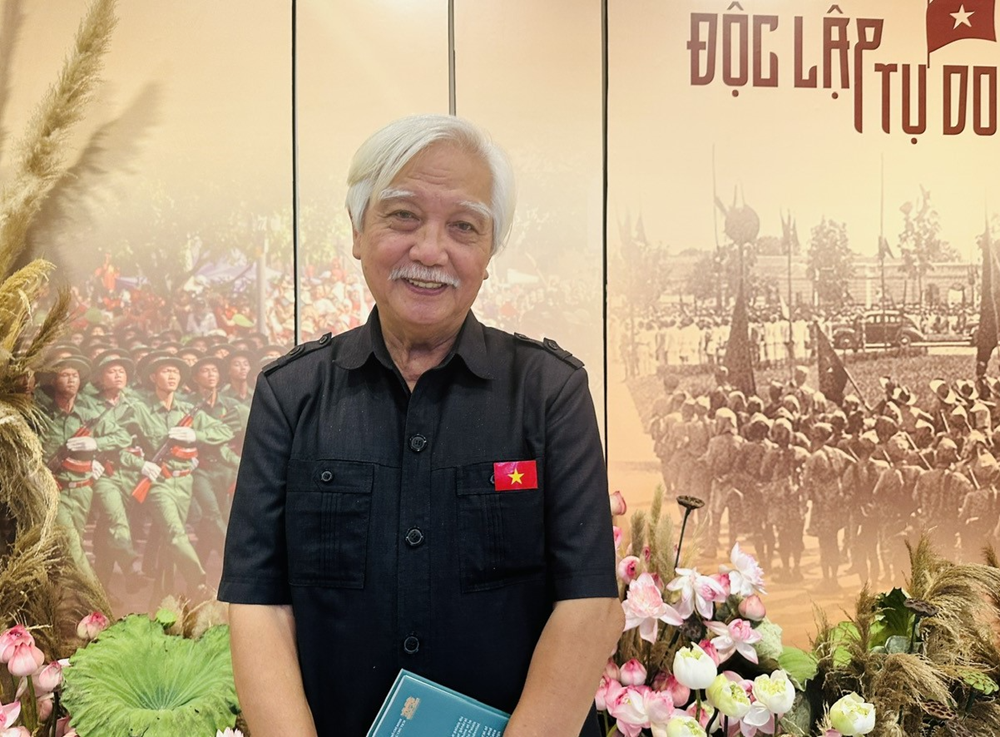

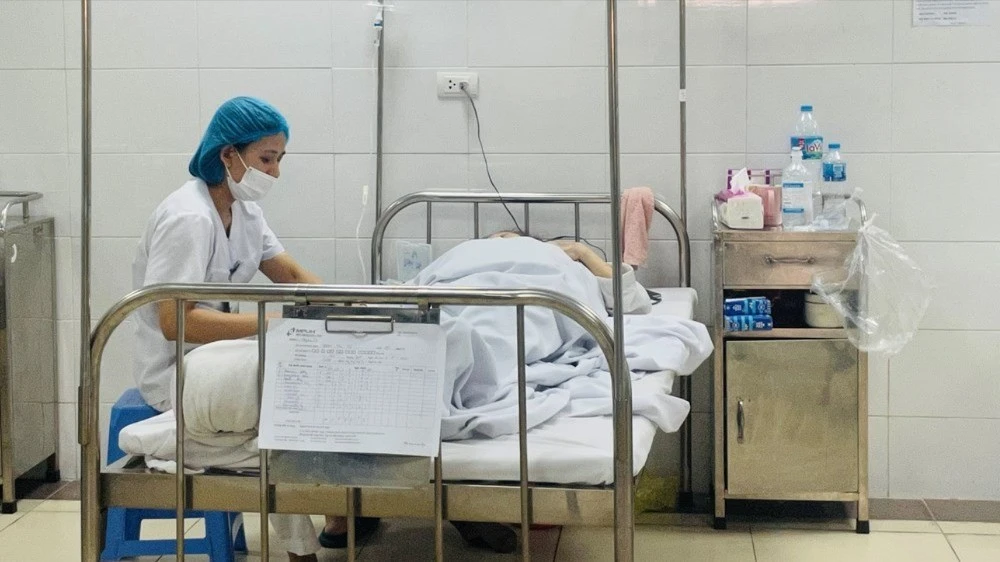

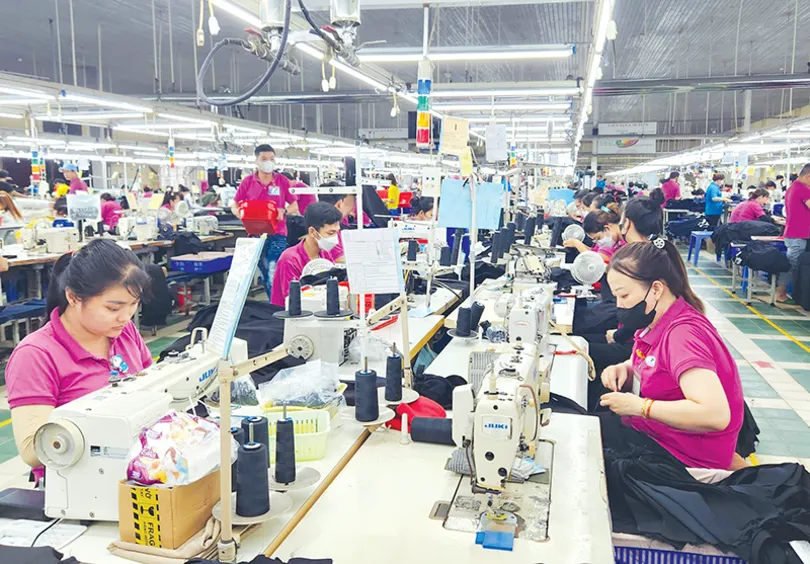





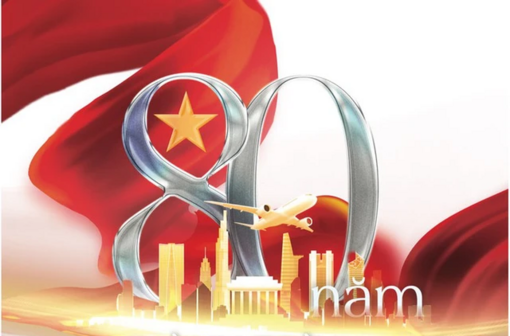

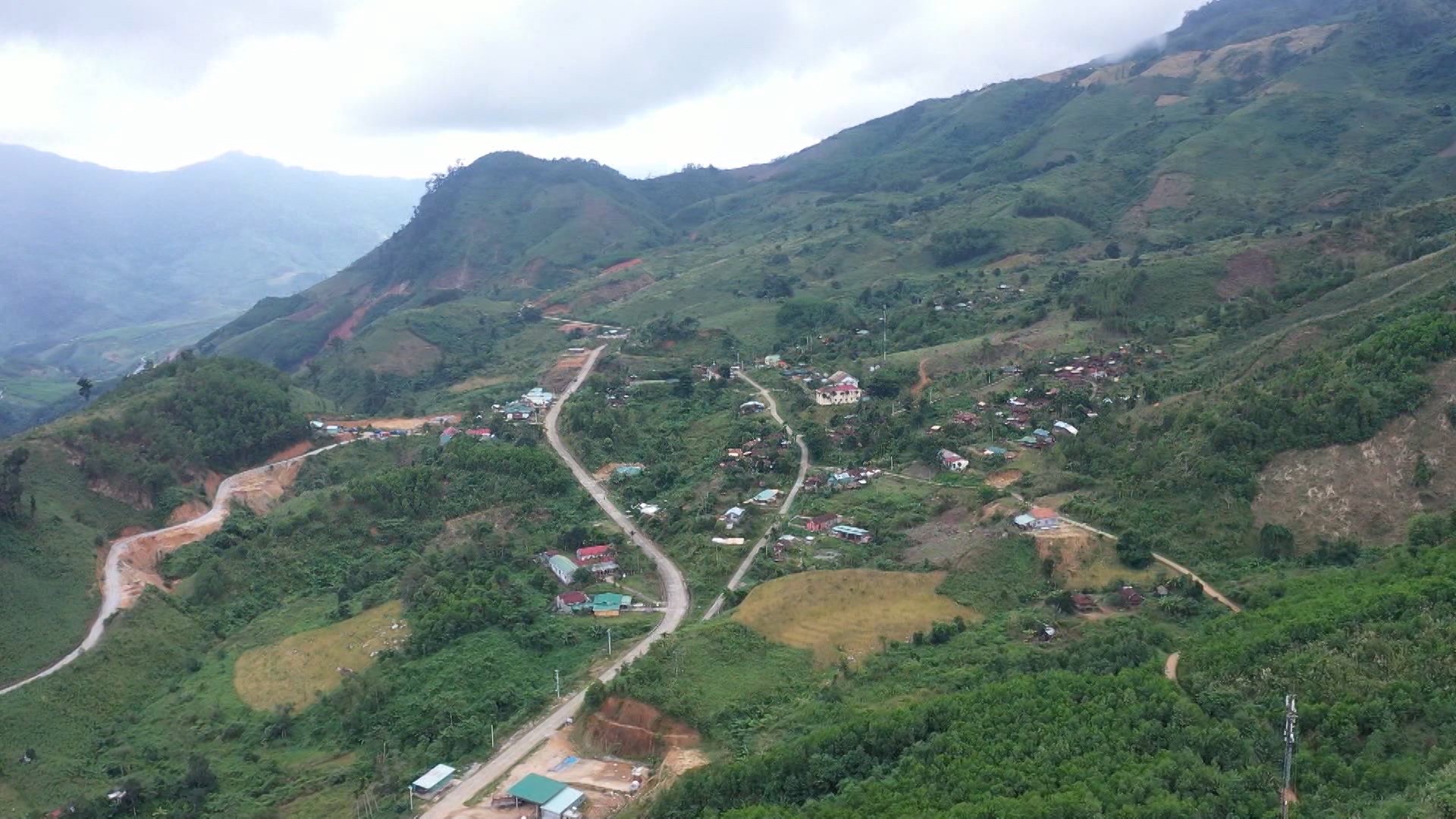
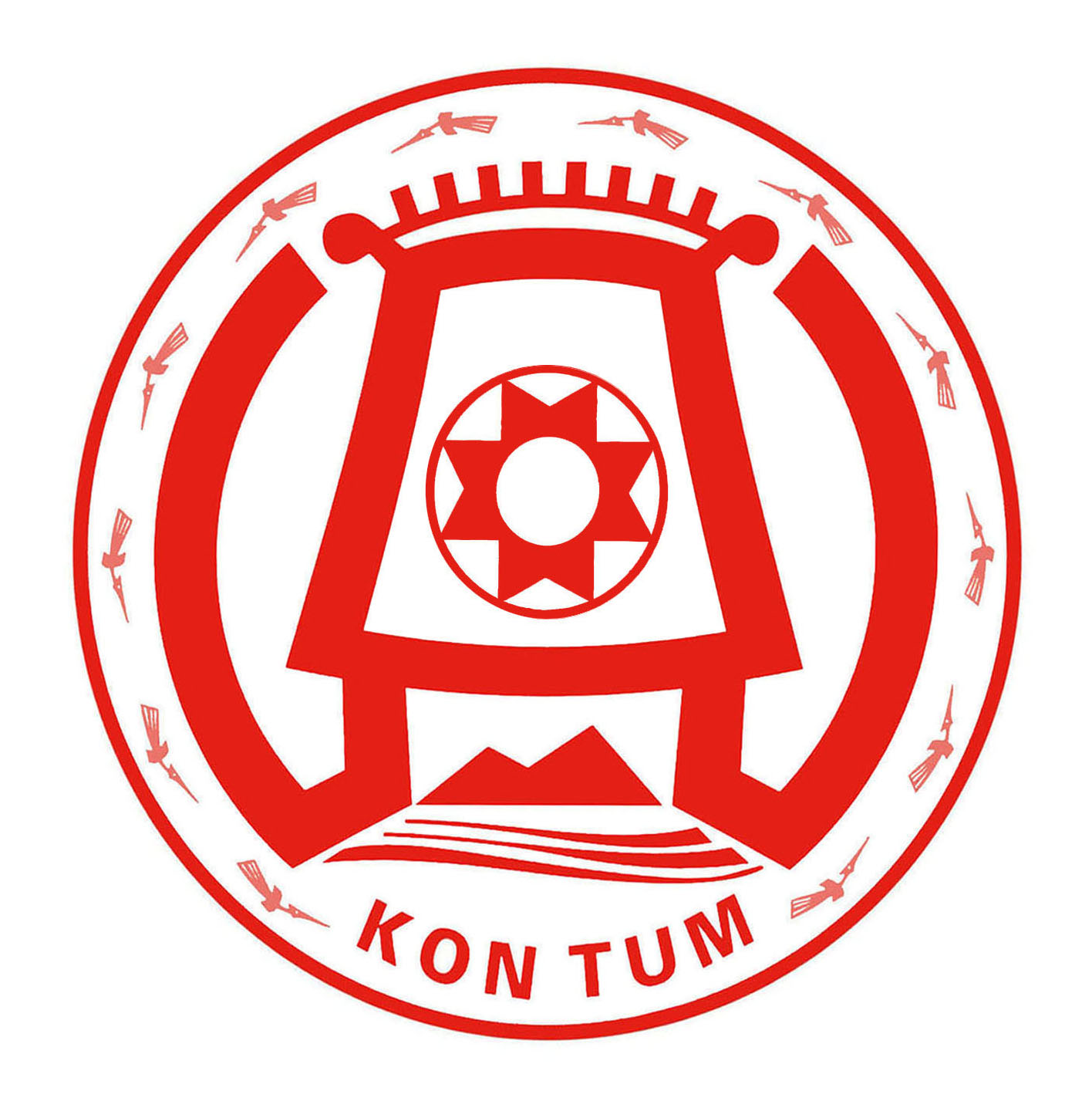
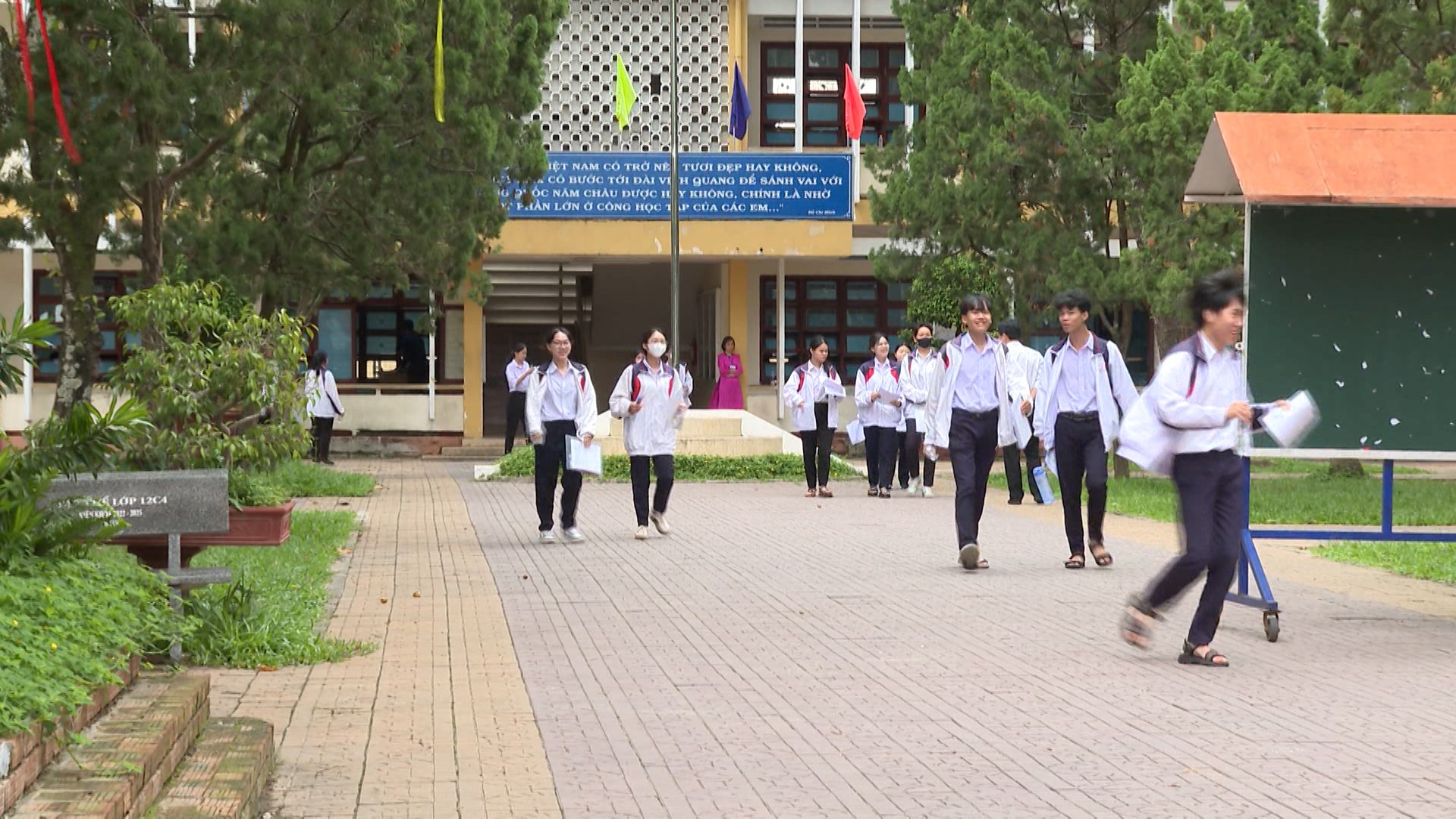
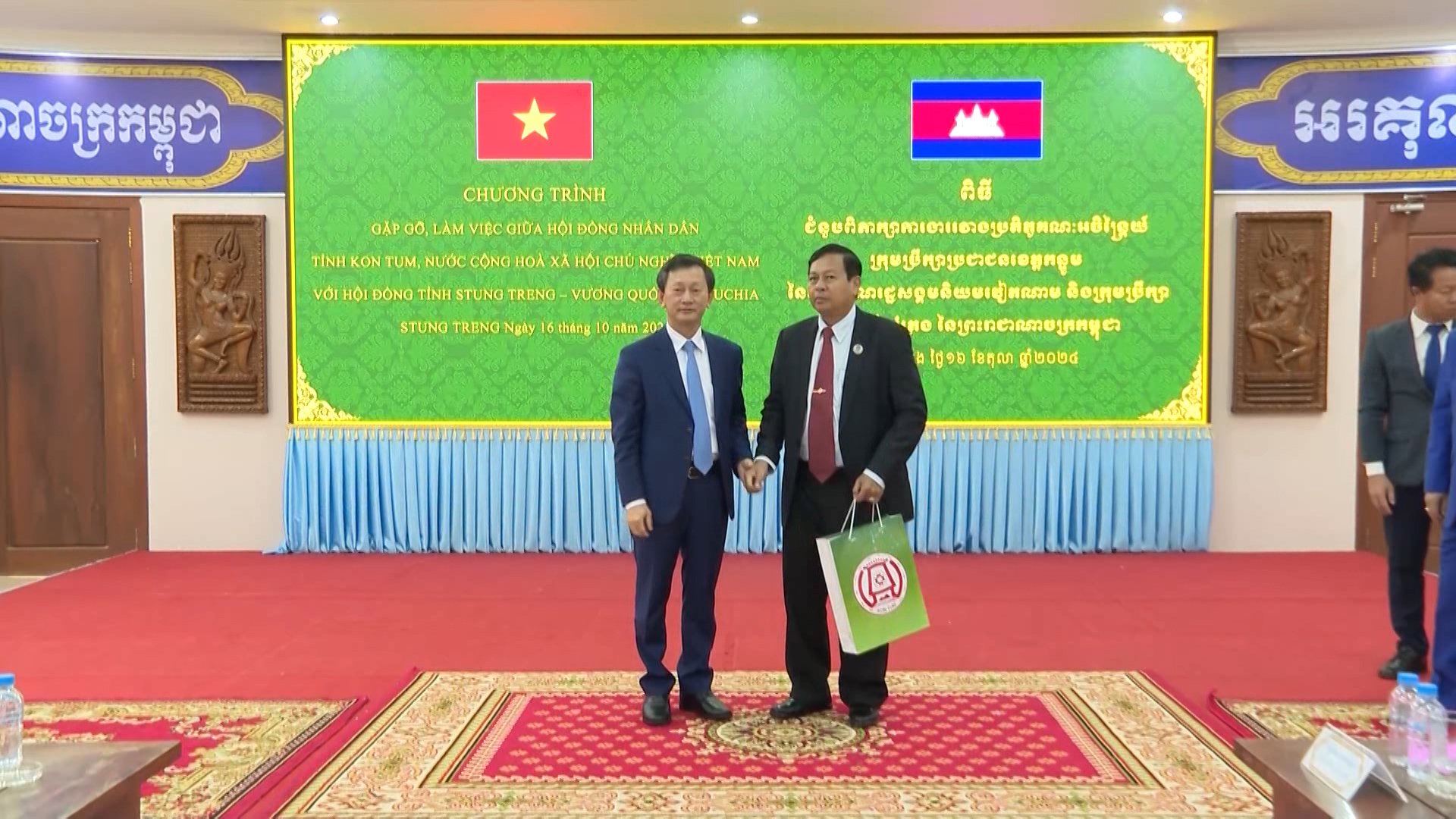
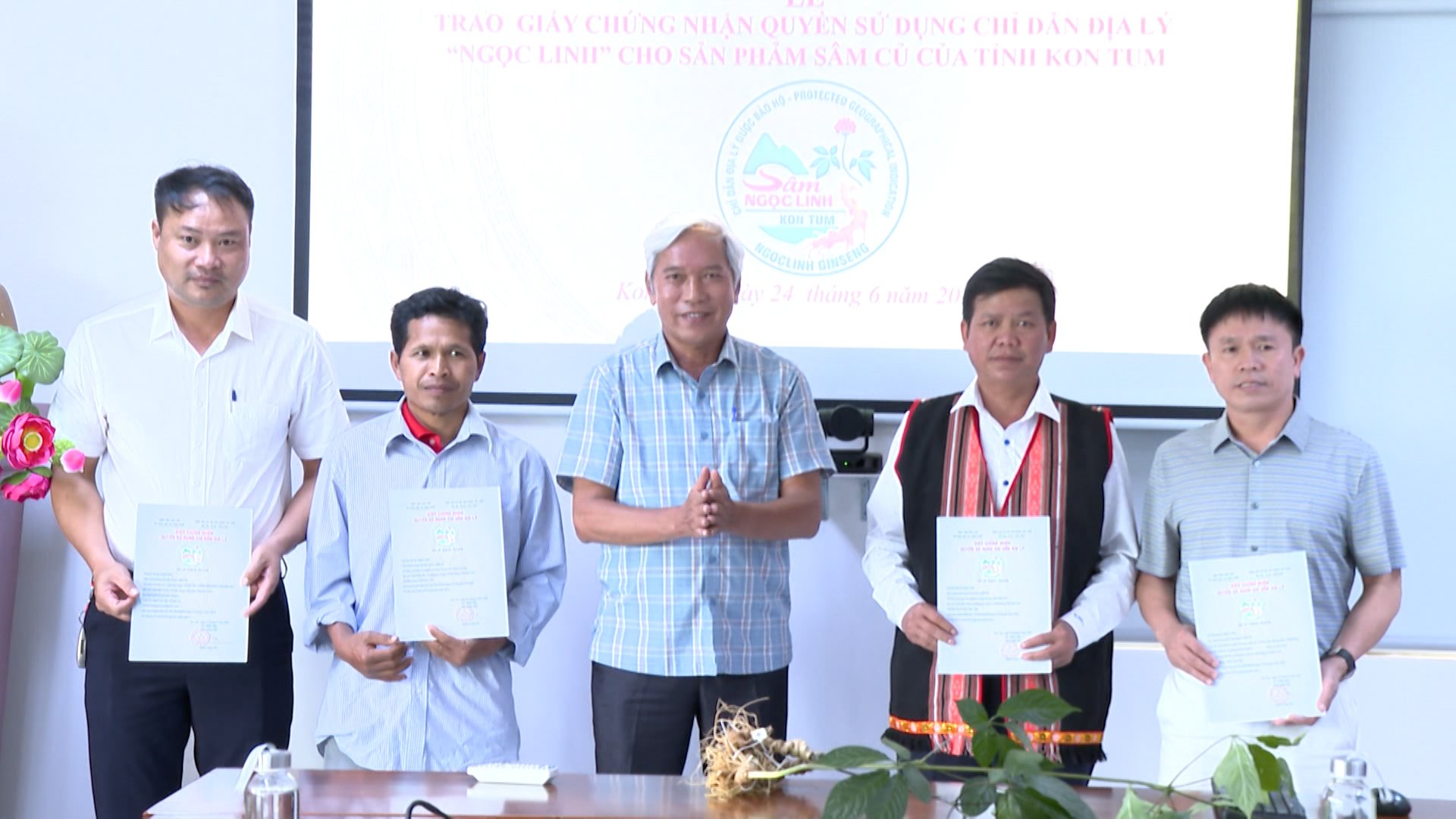
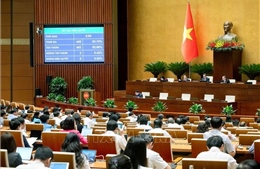
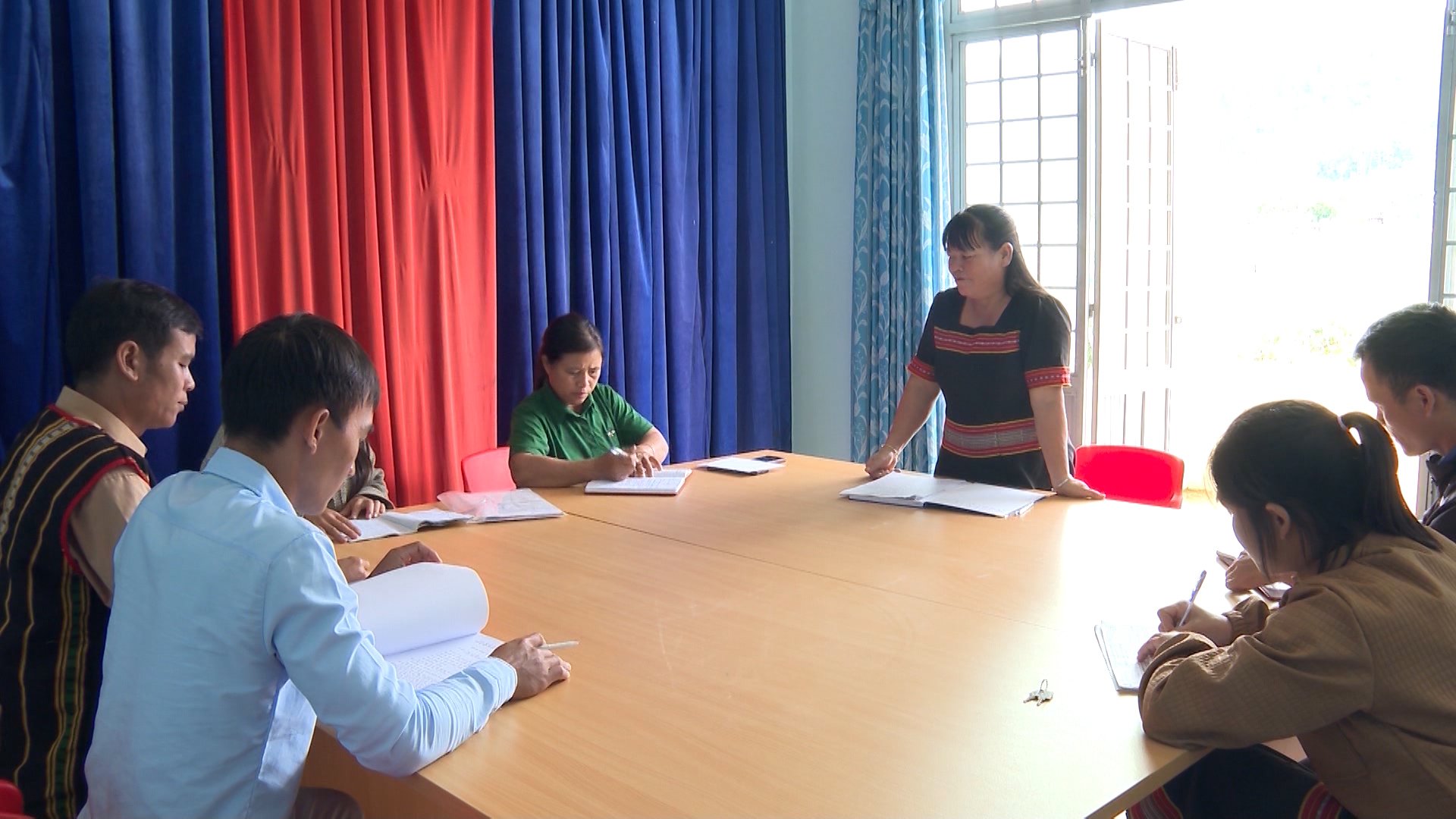




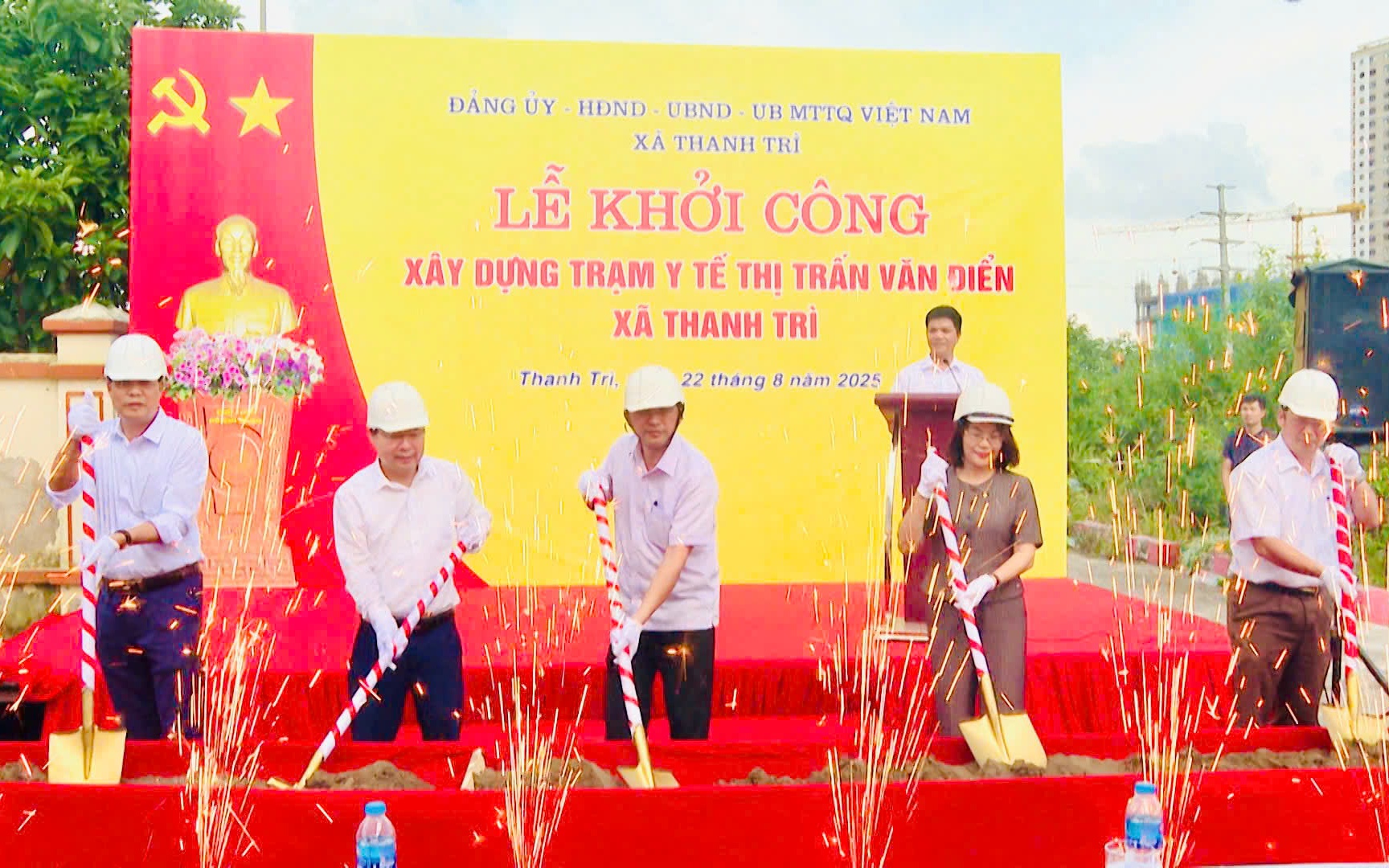
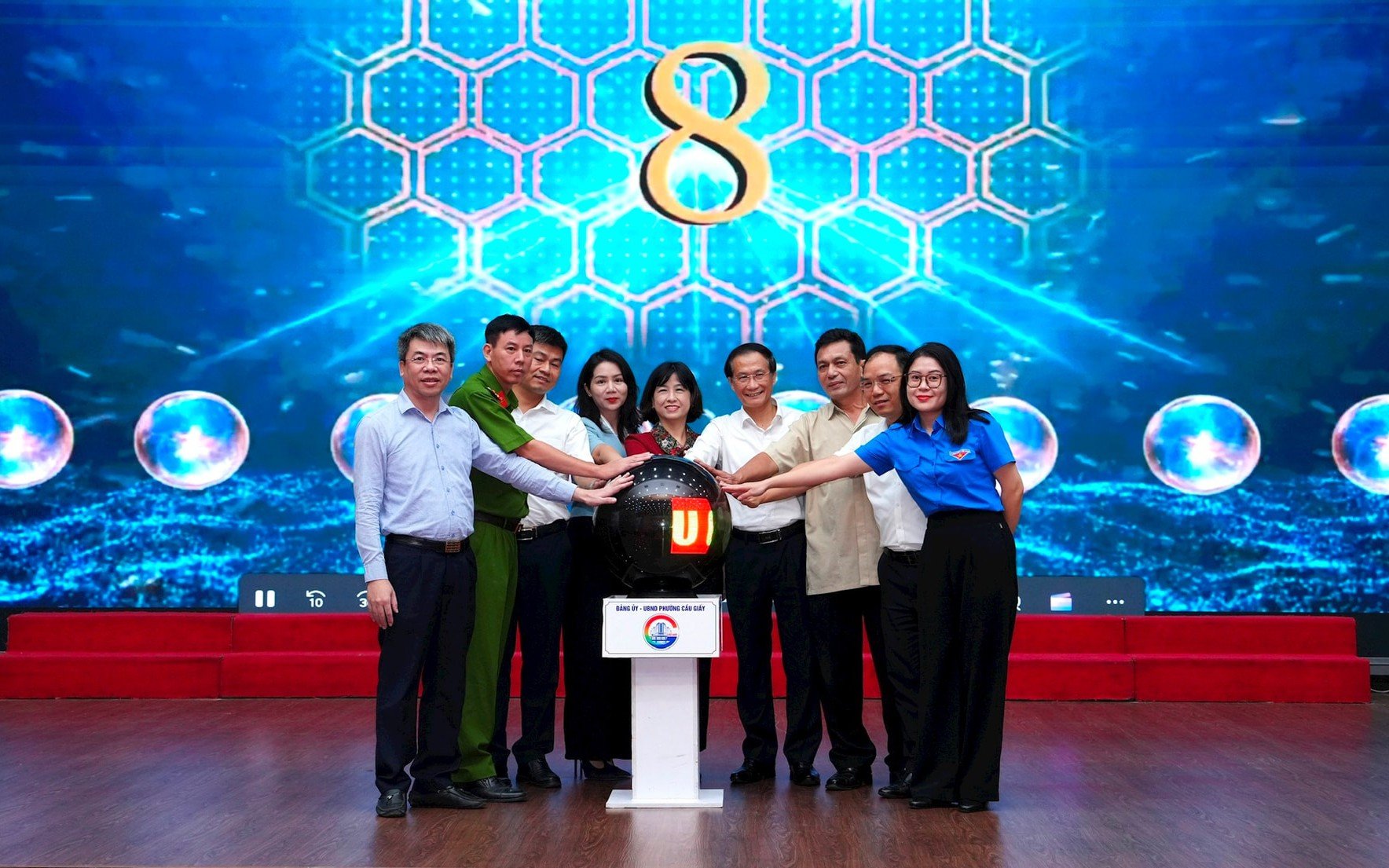
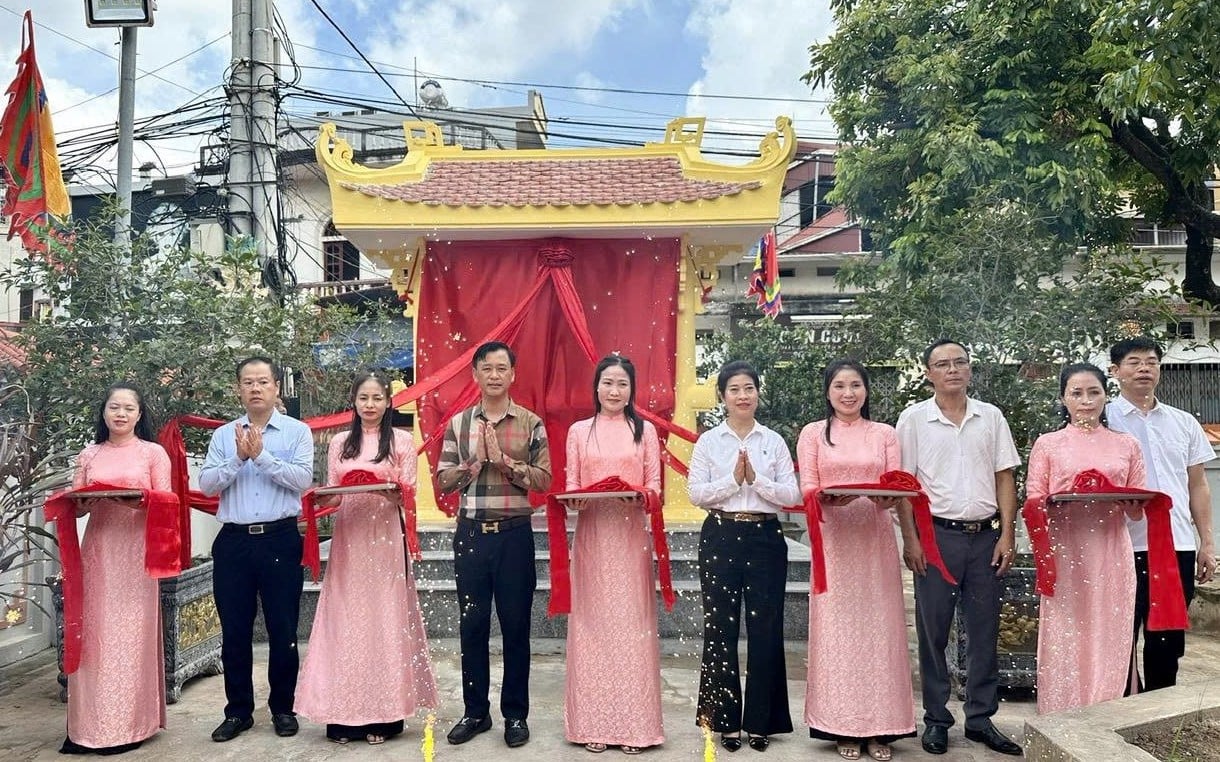
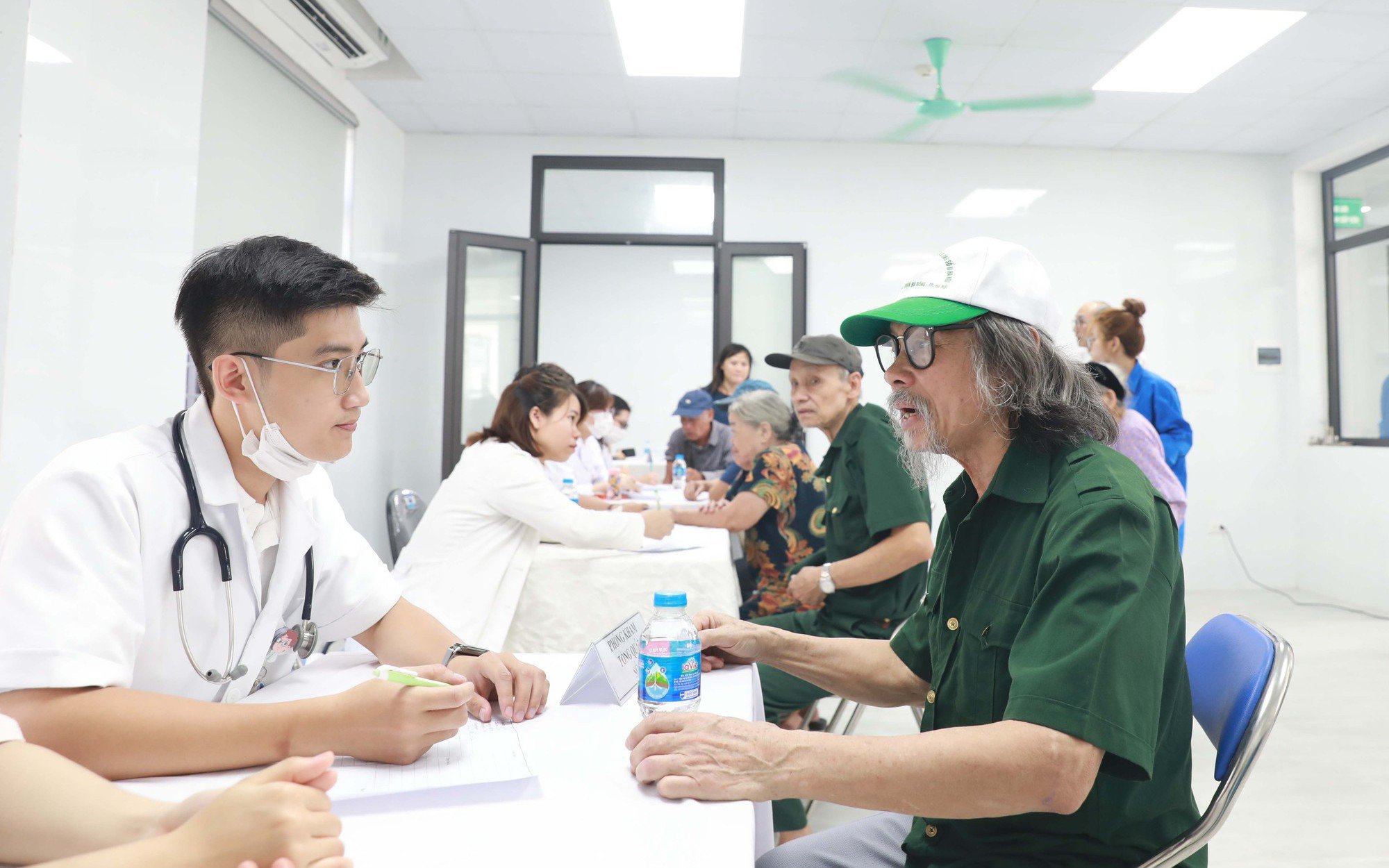
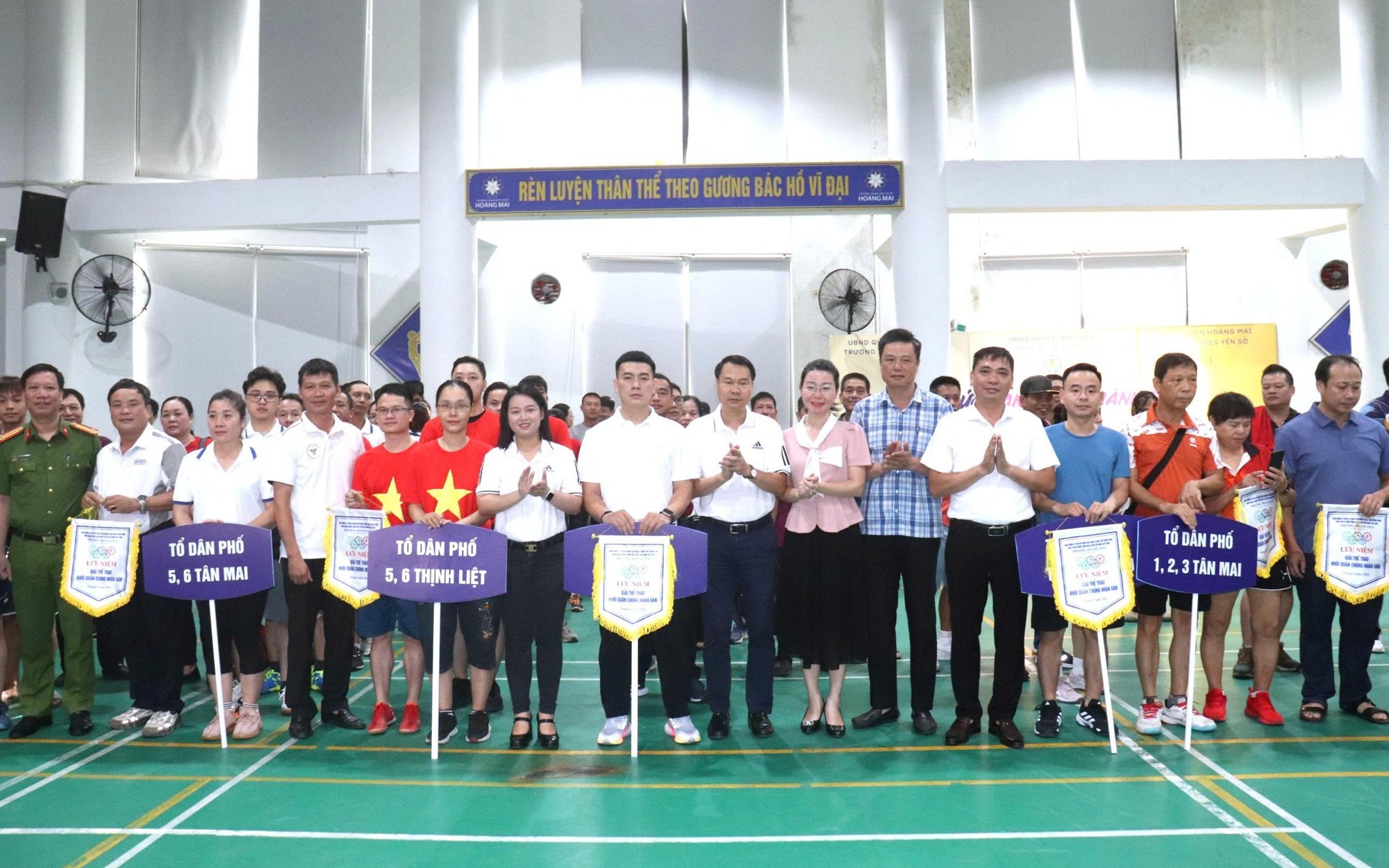
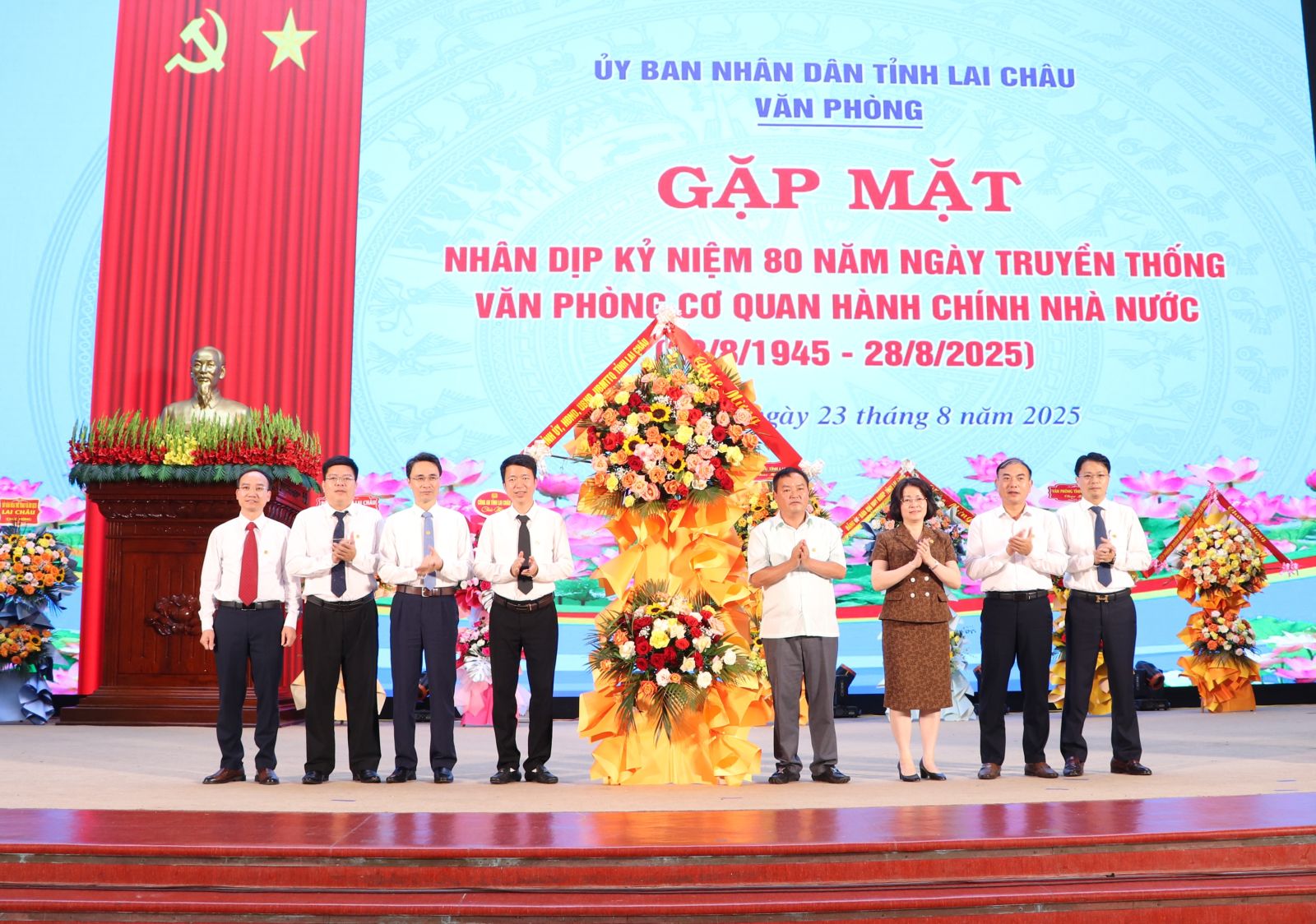












































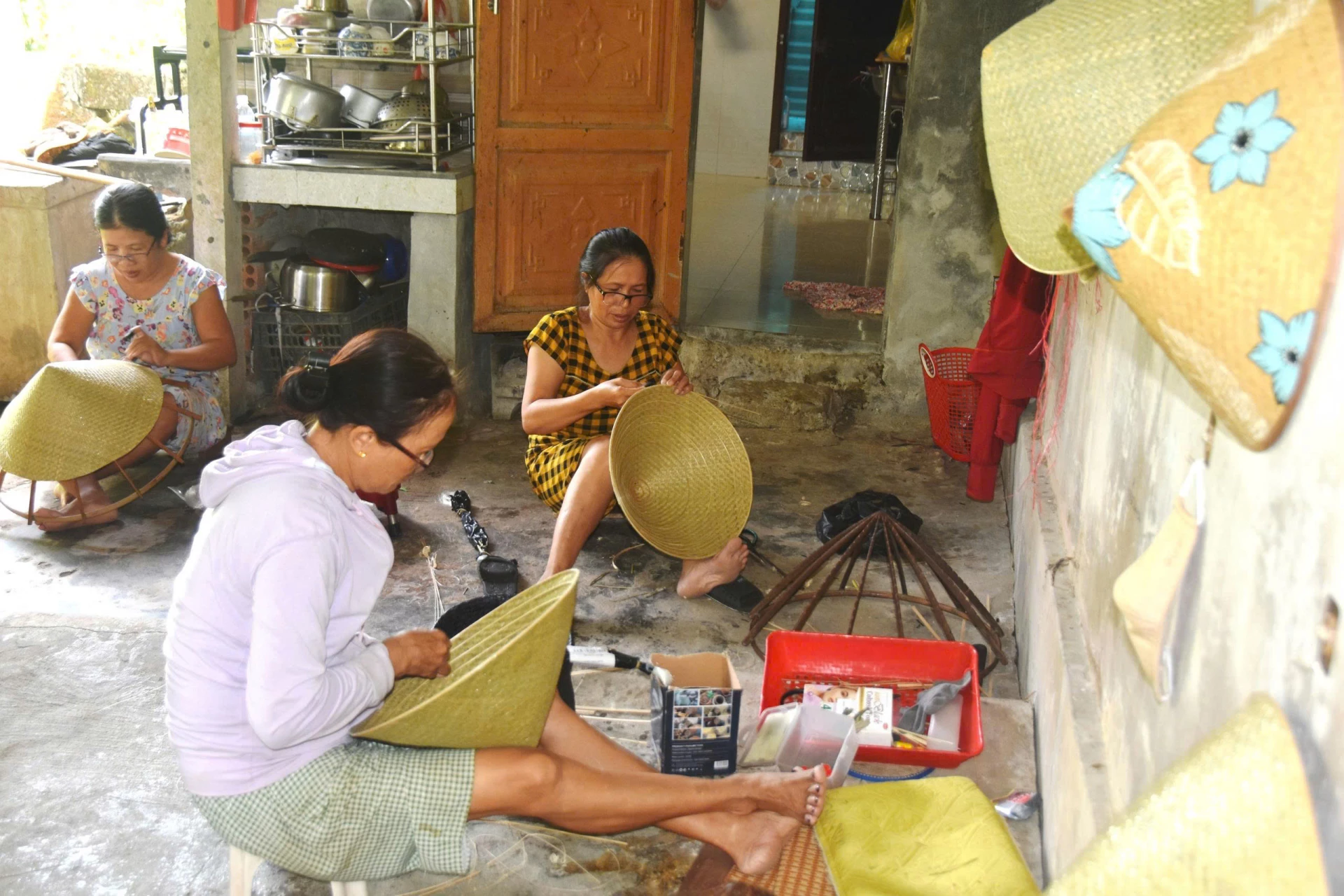

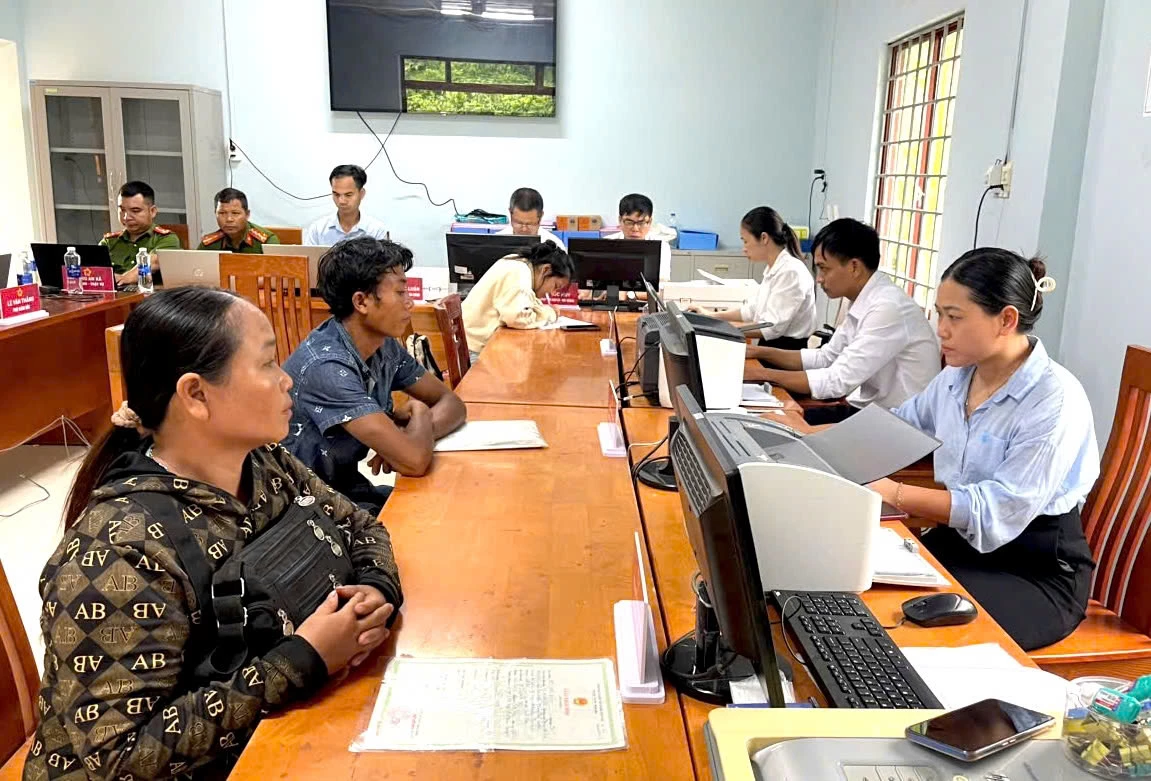
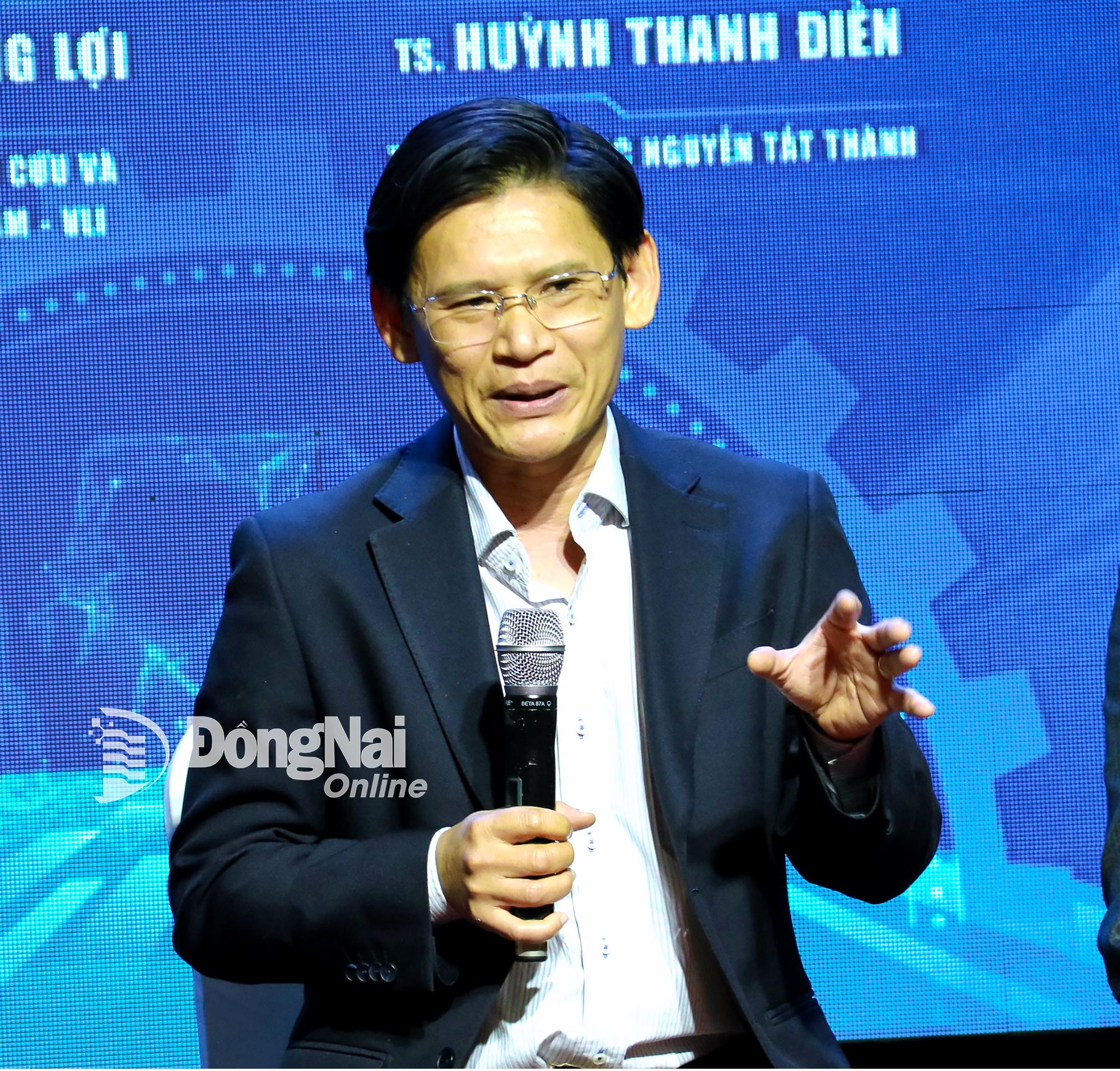

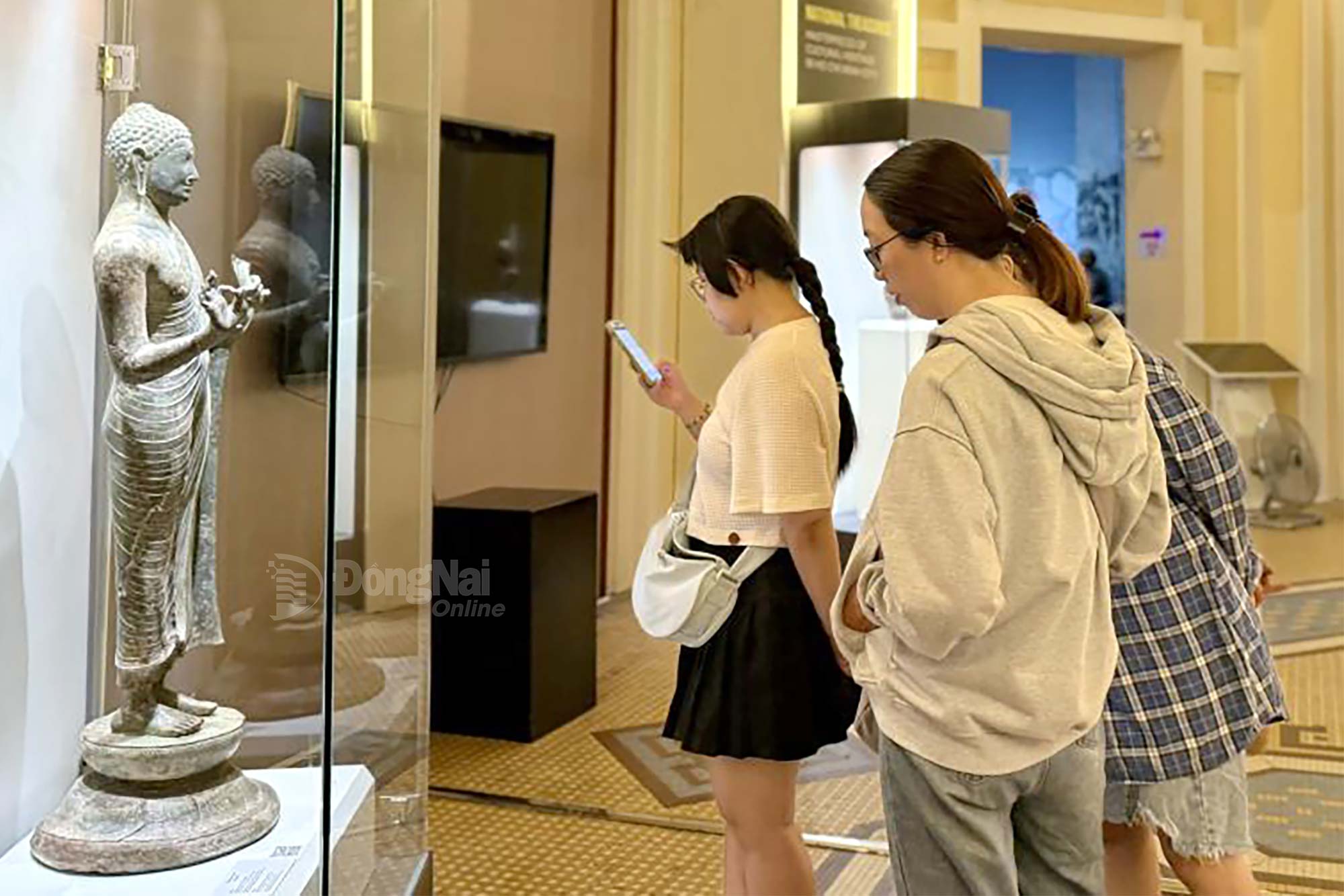


















Comment (0)